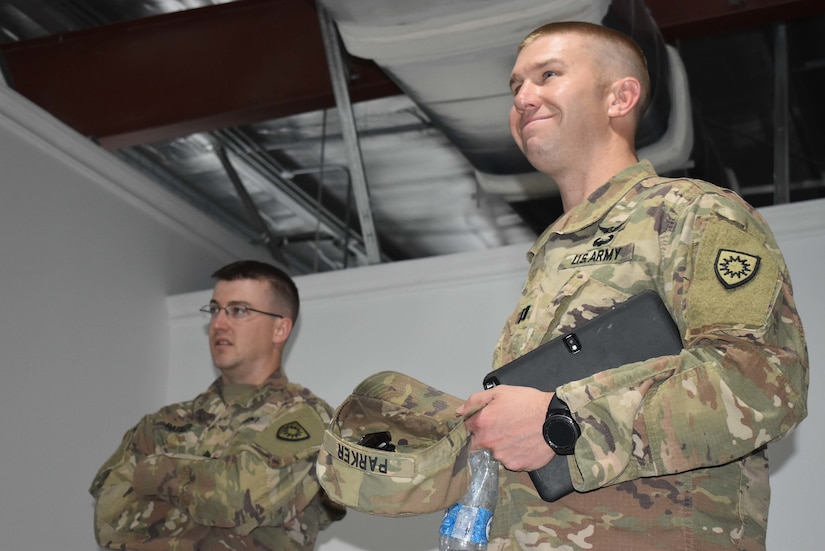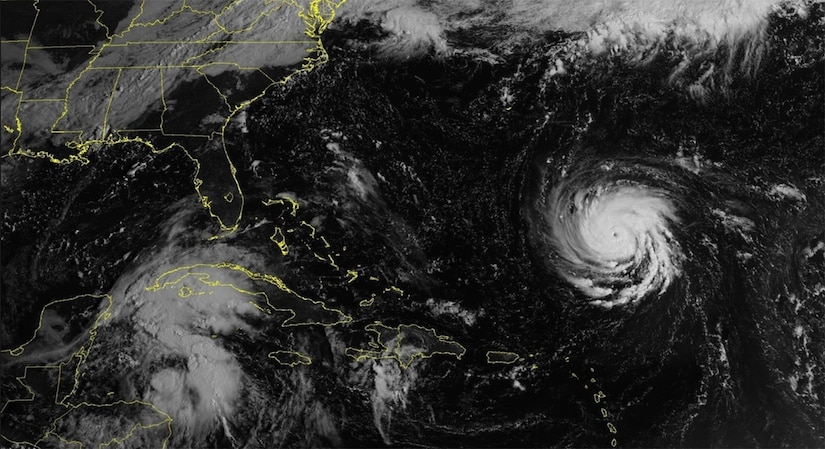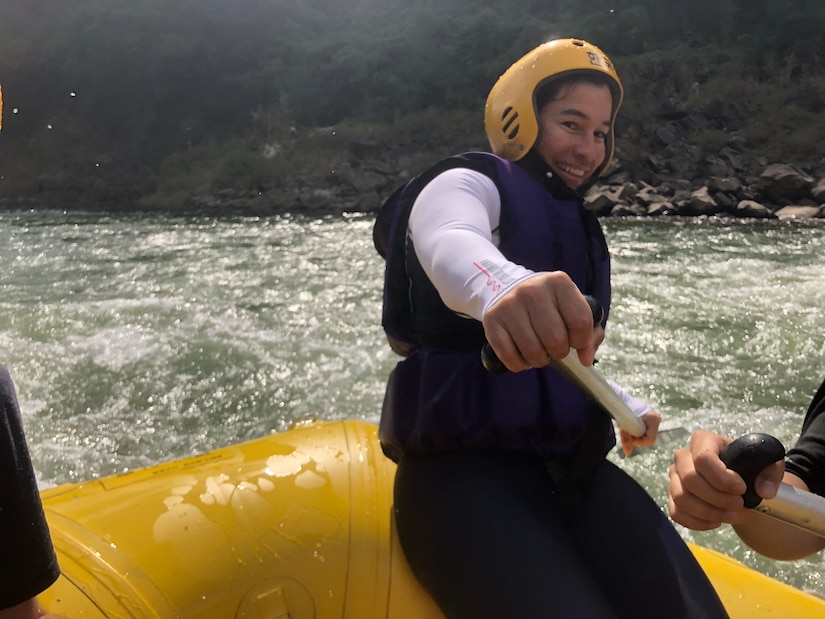By Army Capt. Melanie Nelson, U.S. Army Central
CAMP ARIFJAN, Kuwait -- Two brothers deployed here with the
Kentucky Army National Guard are able to tap into their professional lives as
engineers while serving with the Area Support Group-Kuwait Directorate of
Public Works.
Army Capt. William Parker is the project officer for DPW.
His brother, Army Staff Sgt. Bryan Parker, serves as DPW's projects
noncommissioned officer-in-charge.
They both serve as contract officer representatives, the
on-site adviser to government contractors.
The Parker brothers are members of the 613th Engineering
Facilities Detachment headquartered in Springfield, Kentucky.
Contract Supervision
The duo are tapping into their civilian engineering
backgrounds to supervise contracts, and improve the quality of life for service
members deployed here.
"Due to operational requirements, Area Support
Group-Kuwait relies on the National Guard and Reserve components to complete
its mission," said Army Col. Shannon Nielsen, commander of Area Support
Group-Kuwait. "These multi-component soldiers bring a specialized
capability to our team."
"It has been a unique opportunity for me to use what I
do in the civilian world in order to really do some good," Bryan said.
"My civilian employer is Louisville Gas & Electric and Kentucky
Utilities in Louisville, Kentucky. I am an environmental engineer within the
company's environmental affairs department."
He added, “Being the environmental contract officer
representative at DPW allows me to use my knowledge and experience to make an
impact on the operations in Kuwait.”
William said his electrical engineering expertise “comes in
very handy,” since he’s also the diesel generator contracting officer
representative.
“Because of that,” he added, “I am usually given projects
that are mostly electrical as my knowledge in electrical theory and standards
come in handy to make sure the contractor is delivering the correct
products."
The support of their employers back home makes deployments
possible. "I get support from the people I work with; a lot of them are
veterans themselves," Bryan said. "The company is also supplementing
my salary while I've been on orders. This is a huge benefit the company
provides, and their support of the National Guard and Reserve is one of the
primary reasons I wanted to work there."










